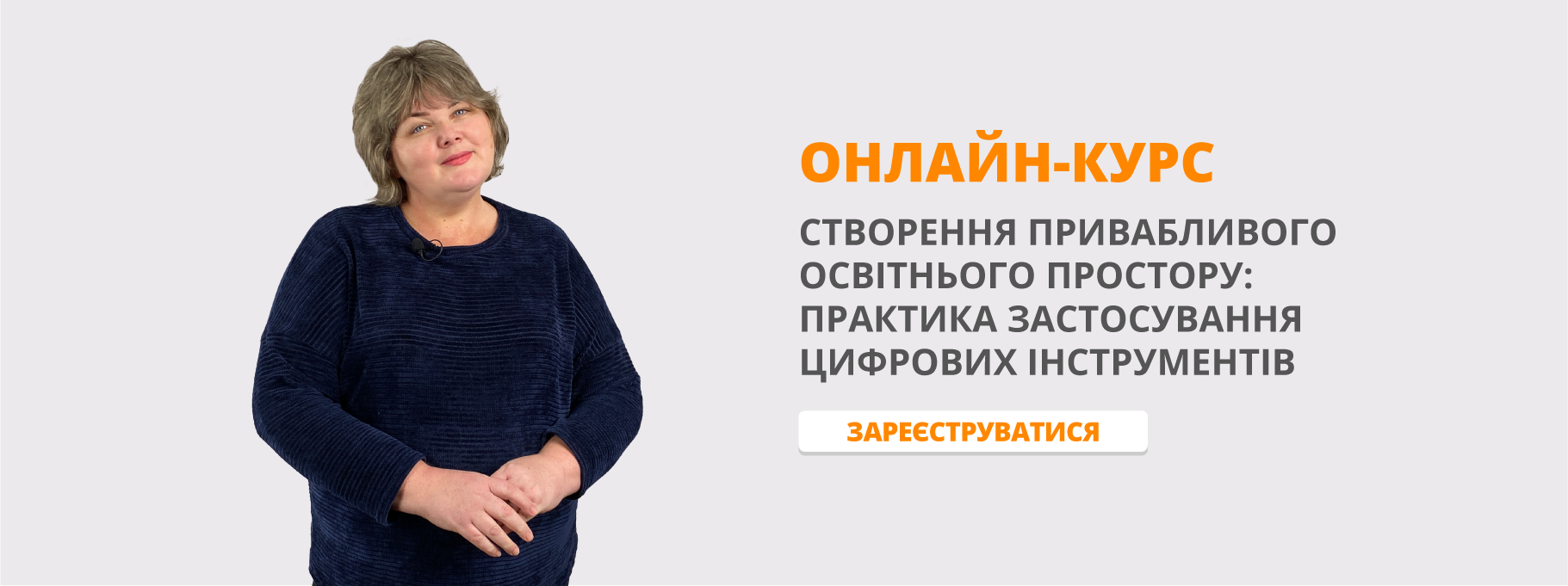Презентація на тему "Russian Trinity"
Про матеріал
Даний матеріал можна використовувати здобувачами освінього процесу на інтегрованих уроках англійської мови та історії України при вивченні матеріалу про видатних діячів України. Перегляд файлу
Зміст слайдів
pptx
До підручника
Англійська мова (9-й рік навчання, рівень стандарту) 10 клас (Карпюк О.Д.)
Оцінка розробки


Безкоштовний сертифікат
про публікацію авторської розробки
про публікацію авторської розробки
Щоб отримати, додайте розробку
Додати розробку






















